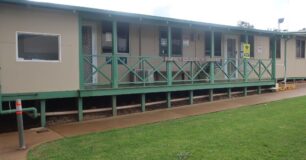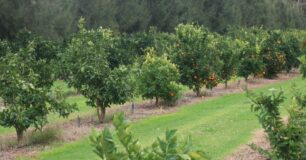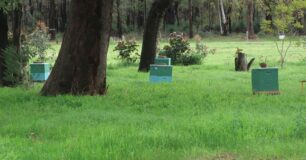Background
Karnet Prison Farm was originally commissioned as a prison in 1963, known as Karent Rehabilitation Training Centre. At that time, it held around 60 men. It is a minimum-security prison for adult males with a focus on preparing prisoners to re-enter the community. It is also a working farm, and a vital link in the …
Read moreKey findings
Strong leadership with good vision, despite limited formal plans Karnet has strong leadership and generally runs well. As an integral part of Western Australia’s prison system, Karnet provides food that is used across the entire custodial estate. Yet, Karnet did not have an up-to-date farm plan or prison business plan. The prison does, however, have …
Read moreConclusion
Karnet provides a variety of employment and training opportunities for prisoners to develop their skills and provide positive reintegrative pathways back to community. This is established by strong leadership and a good relationship between staff and prisoners. The farm operations continued to excel providing meat, milk, eggs, fruit and vegetables to the entire prison estate. …
Read moreRecommendations
Recommendation 1 Karnet, like other prison farms, should be permitted to retain a portion of generated revenue for a farm reinvestment. Recommendation 2 Karnet should review the storage arrangements and implement changes to ensure secure storage of valuable property. Recommendation 3 Provide mental health training to all peer support prisoners. Recommendation 4 Resource Karnet to …
Read more


